
Shingles, or herpes zoster, is a painful skin rash caused by the reactivation of the varicella-zoster virus (VZV). It is the same virus responsible for chickenpox. After a person recovers from chickenpox, the virus remains dormant in nerve tissues, and may reactivate later in life, often triggered by a weakened immune system.
Shingles symptoms include painful rashes, blisters, fever, and headaches. Without timely treatment, shingles can lead to complications such as post-herpetic neuralgia (PHN) – which is a persistent nerve pain –, vision loss, or even neurological problems.
Chickenpox is a highly prevalent illness in Singapore, affecting a significant portion of the population. Outbreaks of chickenpox are common in educational settings such as schools, kindergartens, and childcare centres, where close contact facilitates the rapid spread of the virus. While chickenpox primarily affects older children, and young adults aged 5 to 24 years in Singapore, this pattern contrasts with temperate countries, where the disease is most common in younger children aged 5 to 9 years.
Characterised by fever and itchy, red blisters on the body and face, chickenpox is generally mild but can cause severe complications for individuals with weakened immune systems, pregnant women, and newborns. Thankfully, chickenpox is preventable through vaccination, offering a proactive measure to reduce its spread and associated risks.
Although shingles is a significant health concern in Singapore, recording roughly 30,000 new cases annually, it is more common in adults aged 50, and above. Beyond age factor, those with weakened immune systems are more vulnerable to contracting the virus.
In Singapore, the incidence of shingles has been steadily increasing, with outbreaks frequently observed in healthcare settings, and among older adults. The condition is characterised by a painful rash, often accompanied by burning or tingling sensations, and can lead to long-term complications such as PHN.
Shingles can have serious implications for quality of life, especially in those with compromised immune systems. Fortunately, the shingles vaccine offers a highly effective means of reducing the risk of developing shingles, and its complications, providing long-lasting protection for those at higher risk.
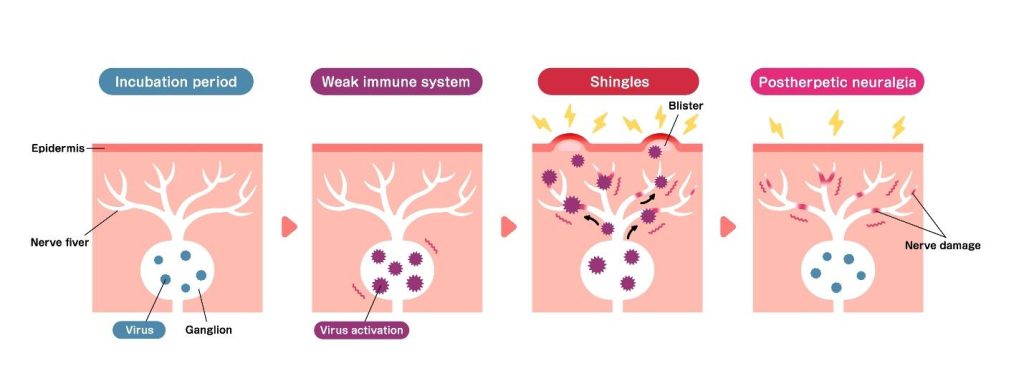
The shingles vaccine plays a critical role in reducing the risk of developing shingles, and its associated complications by bolstering the immune system's ability to suppress the VZV. It works by stimulating the immune system to strengthen its defence against the virus. By enhancing the body’s ability to maintain the virus in its dormant state, the vaccine helps to prevent reactivation, and reduce the severity of the disease if it occurs.
In Singapore, two types of shingles vaccines are available, each with a unique mechanism of action:
Shingrix works by triggering the production of robust, and long-lasting immunity, even in individuals with compromised immune systems. Additionally, clinical studies have shown Shingrix to be significantly more effective than Zostavax, making it the preferred choice for shingles prevention.
Some of the significant benefits of shingles vaccine are:
Even though the shingles vaccine is well-tolerated by most, some individuals may experience mild side effects. These include:
The shingles vaccine is strongly recommended for specific groups of people. It is especially recommended for those at a higher risk of developing shingles or experiencing complications. This includes:
However, if you have an existing health concern, or complex medical history, then it is best to speak with our doctors prior to receiving the vaccination. Doing so will not only safeguard your overall health, and well-being, but it also ensures that you will experience the benefits that the vaccine has to offer.

Naturally, there are certain groups of people that should avoid, and delay receiving the vaccination to avoid adverse side effects, such as:
Evidently, shingles can cause severe pain, and long-term complications, making the shingles vaccine a crucial preventive measure. By boosting the immune system, the vaccine helps reduce the risk of developing shingles, and its associated health issues, allowing you to maintain a better quality of life.
At Phoenix Medical Group, we prioritise your health, and well-being. Schedule a consultation or vaccination appointment with us today.
How effective is the shingles vaccine?
The shingles vaccine offers excellent protection, with 97% effectiveness in preventing shingles for those aged 50 to 69, and 91% for individuals aged 70 and older. It is also highly effective in preventing PHN, with a 91% success rate for those aged 50 to 69, and 89% for those 70 and above.
How long does the shingles vaccine last?
The shingles vaccine provides protection for several years. Over time, its effectiveness may gradually reduce, but it still offers significant protection, especially in the first few years after vaccination.
Can you get the vaccine if you have already had shingles?
Yes, you can still benefit from the shingles vaccine even if you have had shingles before. The vaccine helps prevent future outbreaks, and reduces the severity of any potential recurrence. It is best to wait until your shingles symptoms have fully resolved before getting vaccinated.

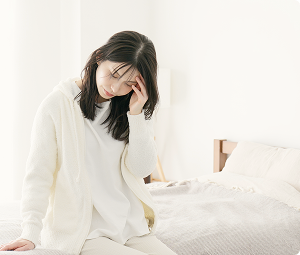
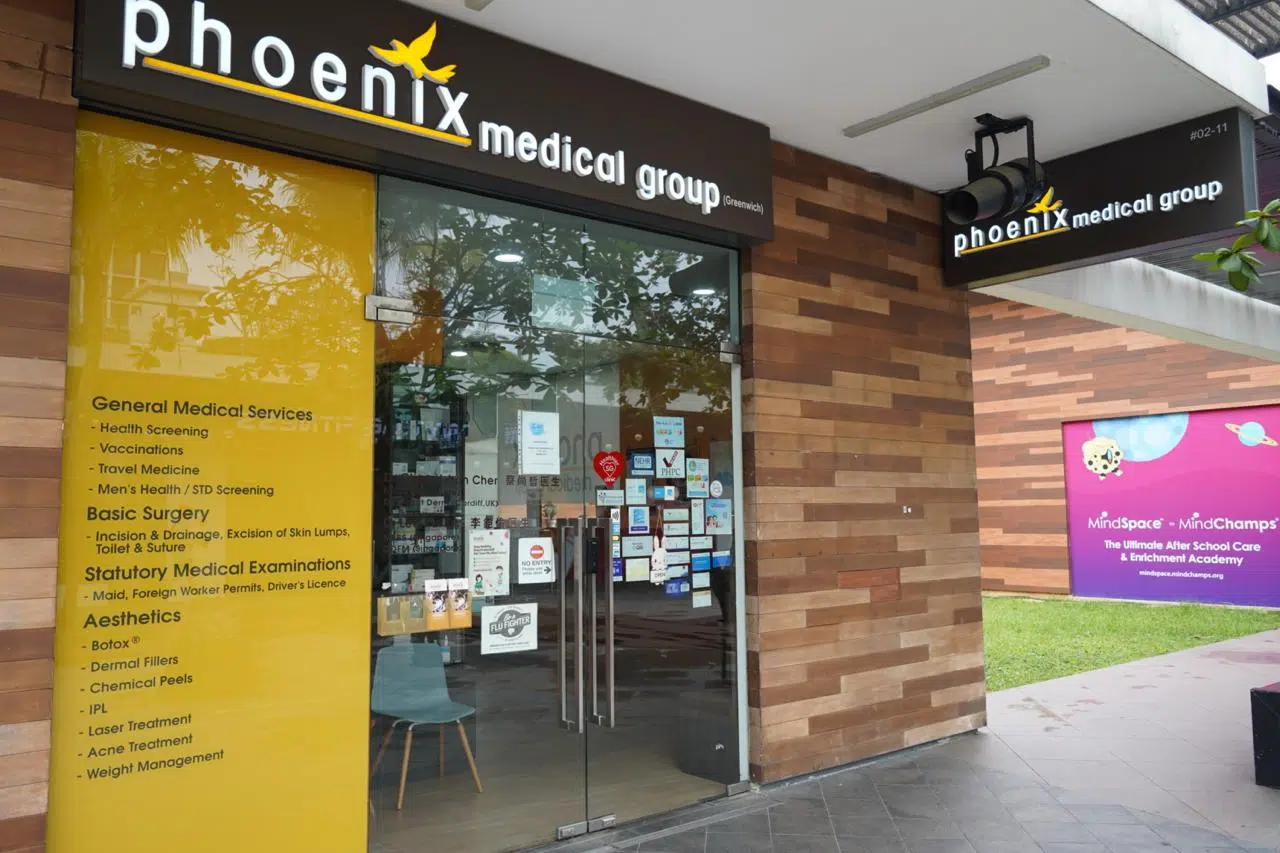
9:00am to 8:30pm
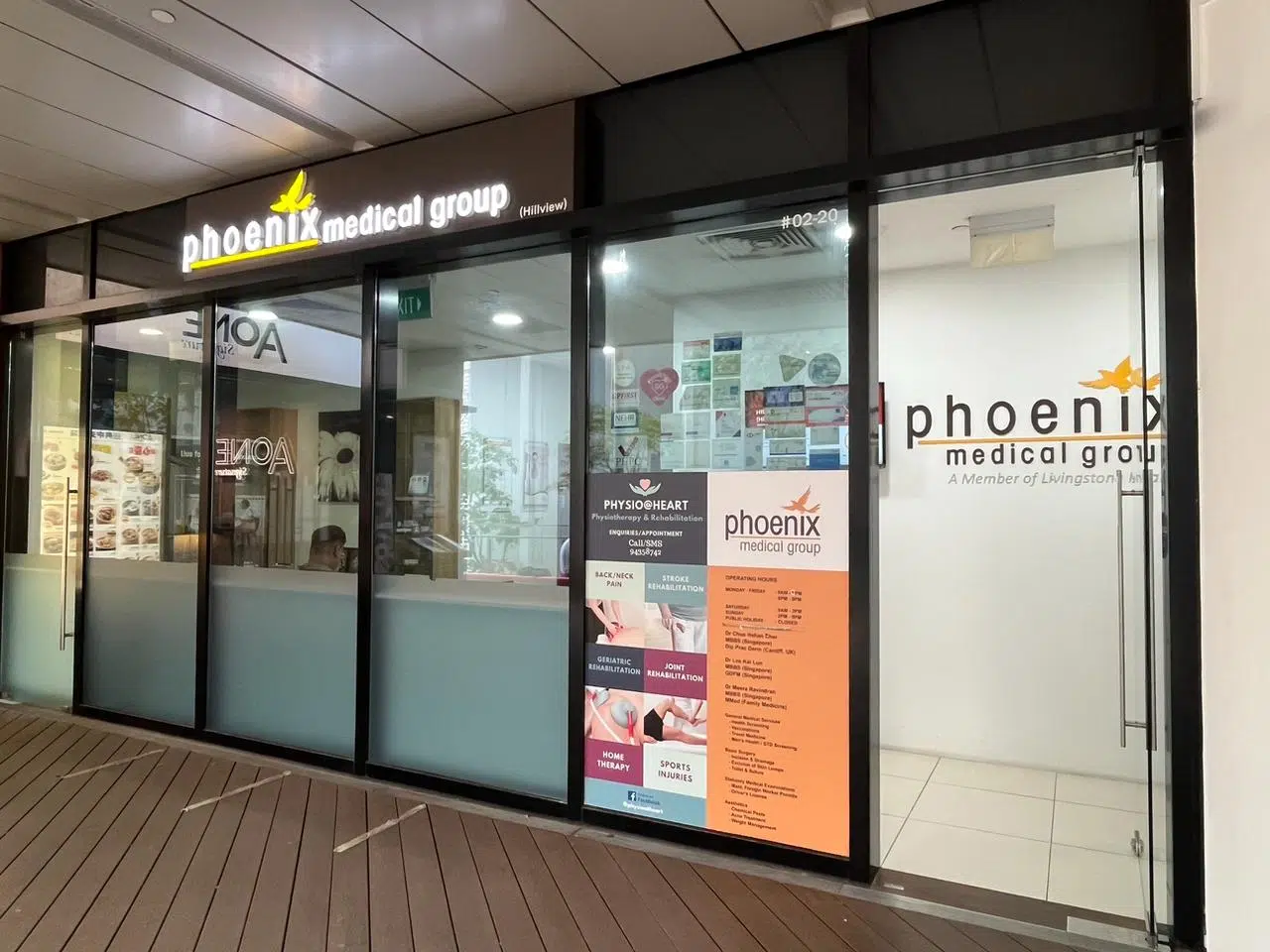
9:00 am - 4:30 pm, 6.00 pm - 8:30 pm
9:00 am - 1:30 pm
2:00 pm - 8:30 pm
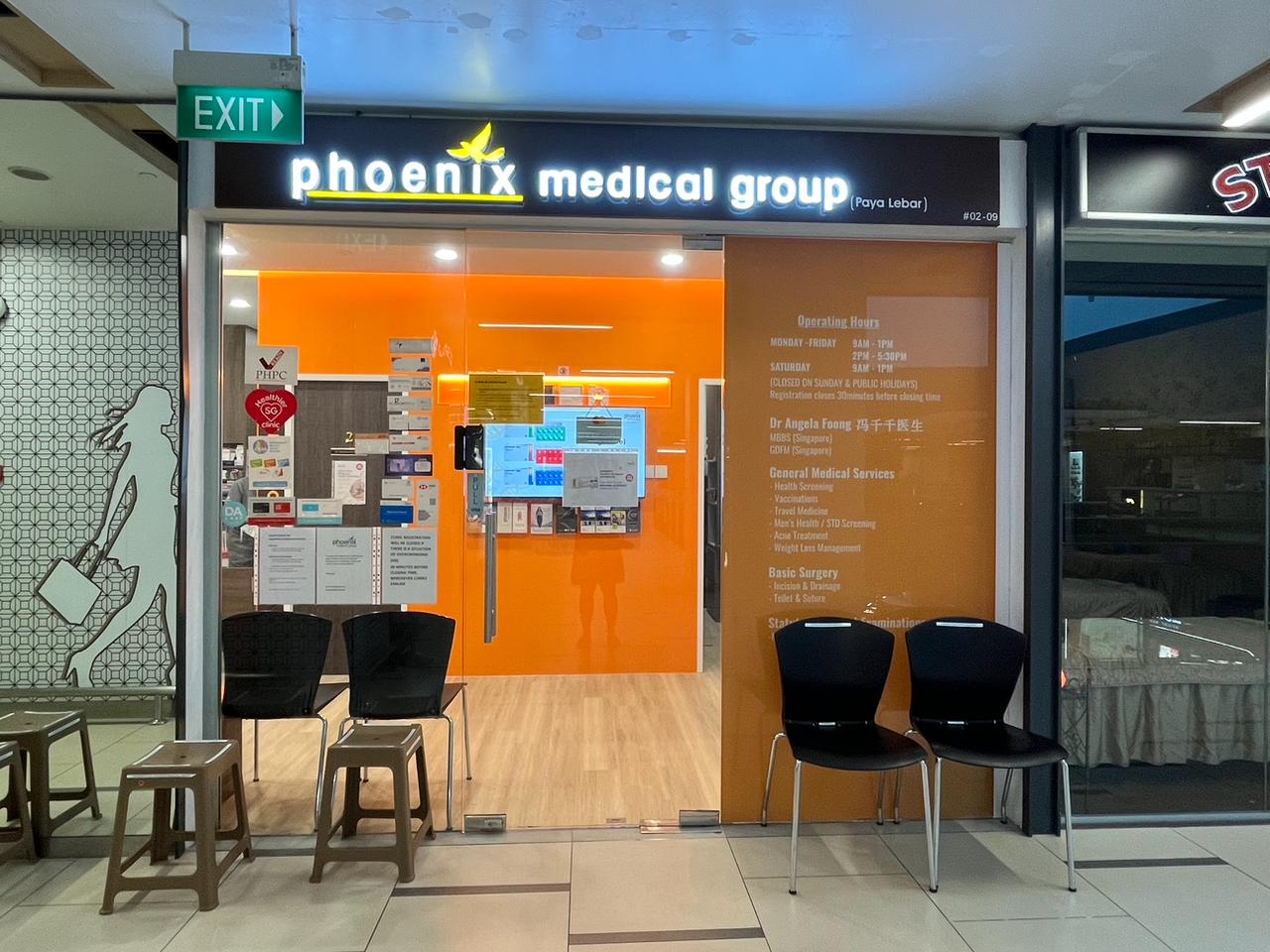
60 Paya Lebar Road, #02-09 Paya Lebar Square, Singapore 409051
9:00 am - 12:30 pm
2:00 pm - 5:00 pm
9:00 am - 12:30 pm
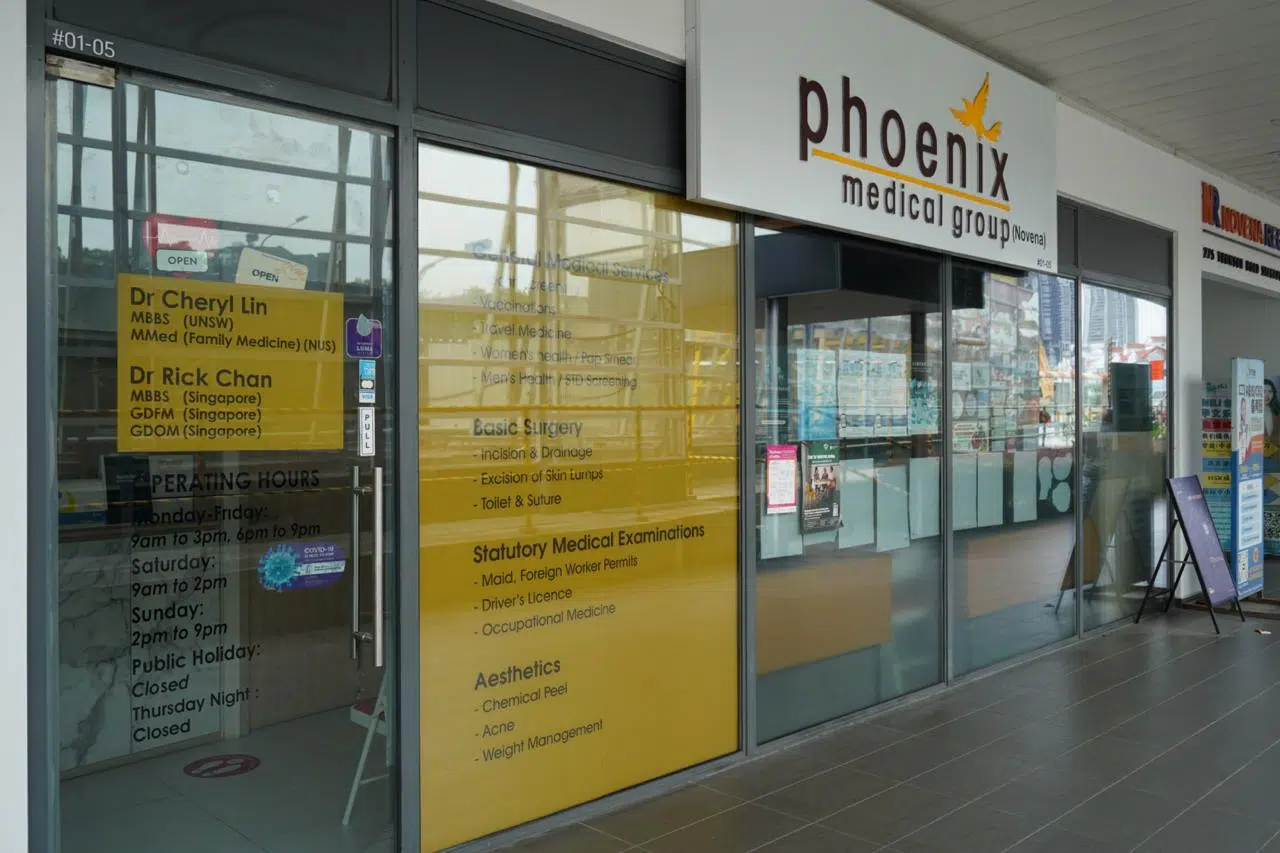
275 Thomson Road,
#01-05 Novena Regency,
Singapore 307645
9:00 am - 2:30 pm
6:00 pm - 8:30 pm (Mon, Tue, Wed & Fri)
9:00 am - 1:30 pm
2:00 pm - 8:30 pm
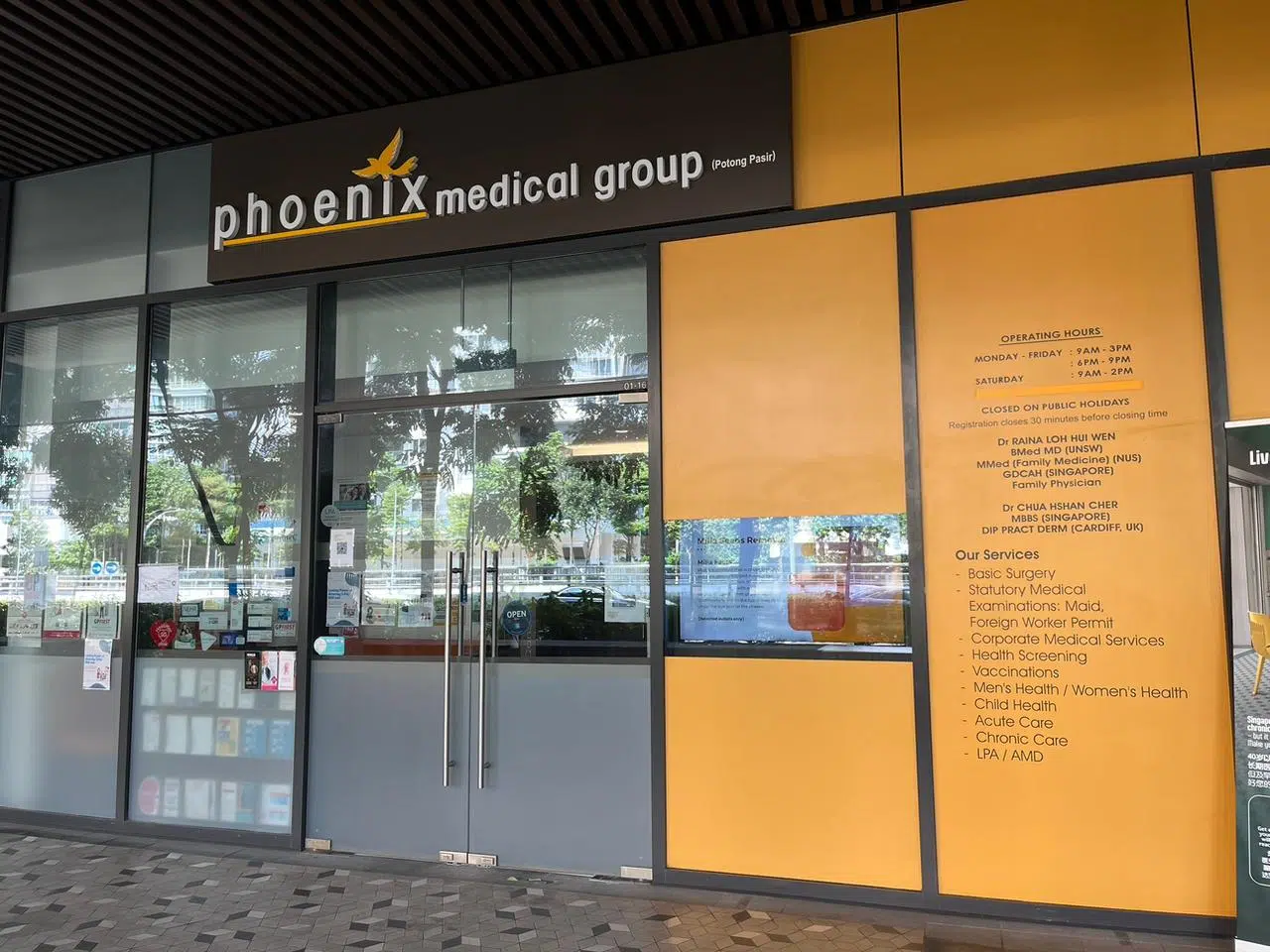
The Venue Shoppes,
2 Tai Thong Crescent, #01-16,
Singapore 347836
9:00 am - 3:00 pm
6:00 pm - 9:00 pm (Mon, Wed & Thu)
9:00 am - 2:00 pm
Closed
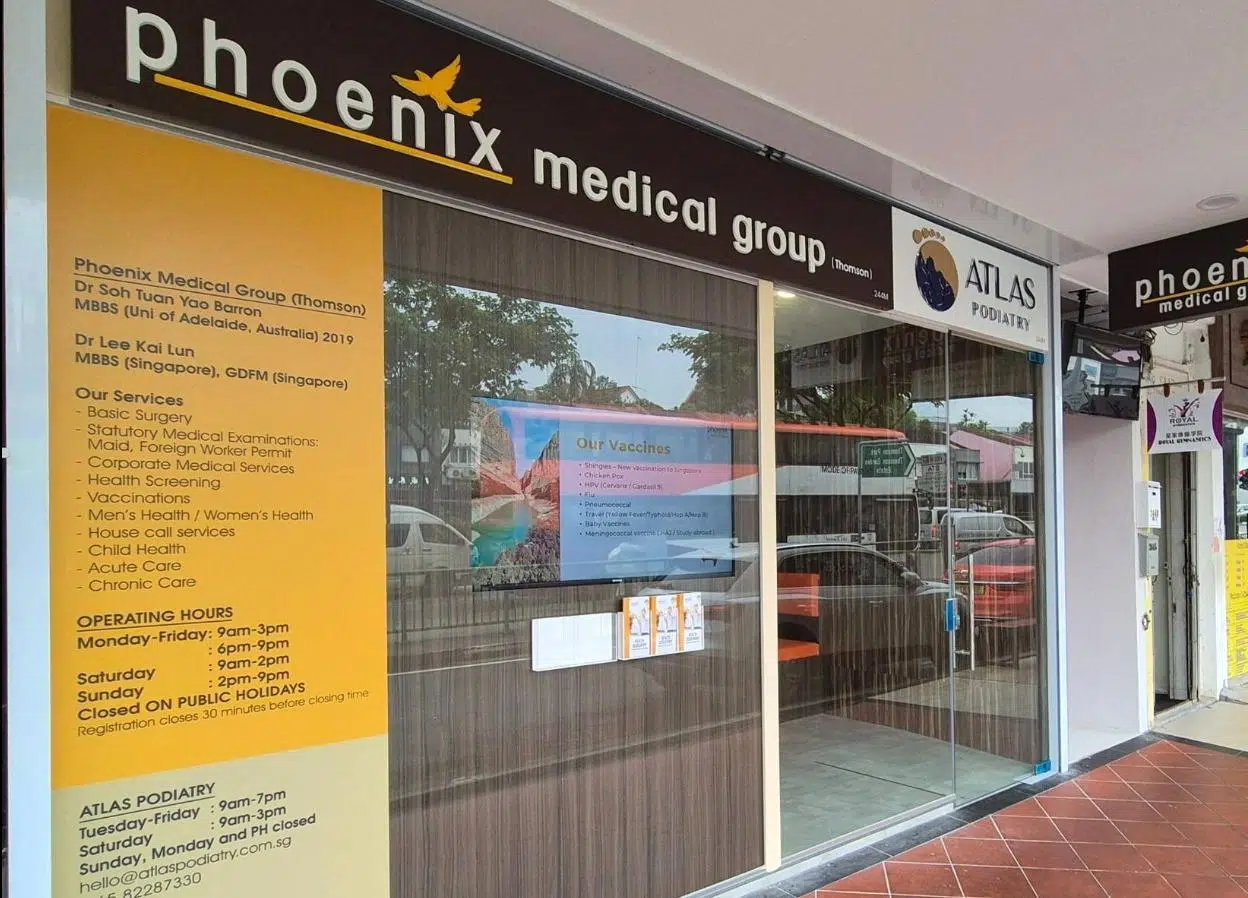
244M Upper Thomson Rd, Thomson Garden Estate, Singapore 574369
9:00 am - 3:00 pm
6:00 pm - 9:00 pm (Mon & Wed)
9:00 am - 2:00 pm
Closed
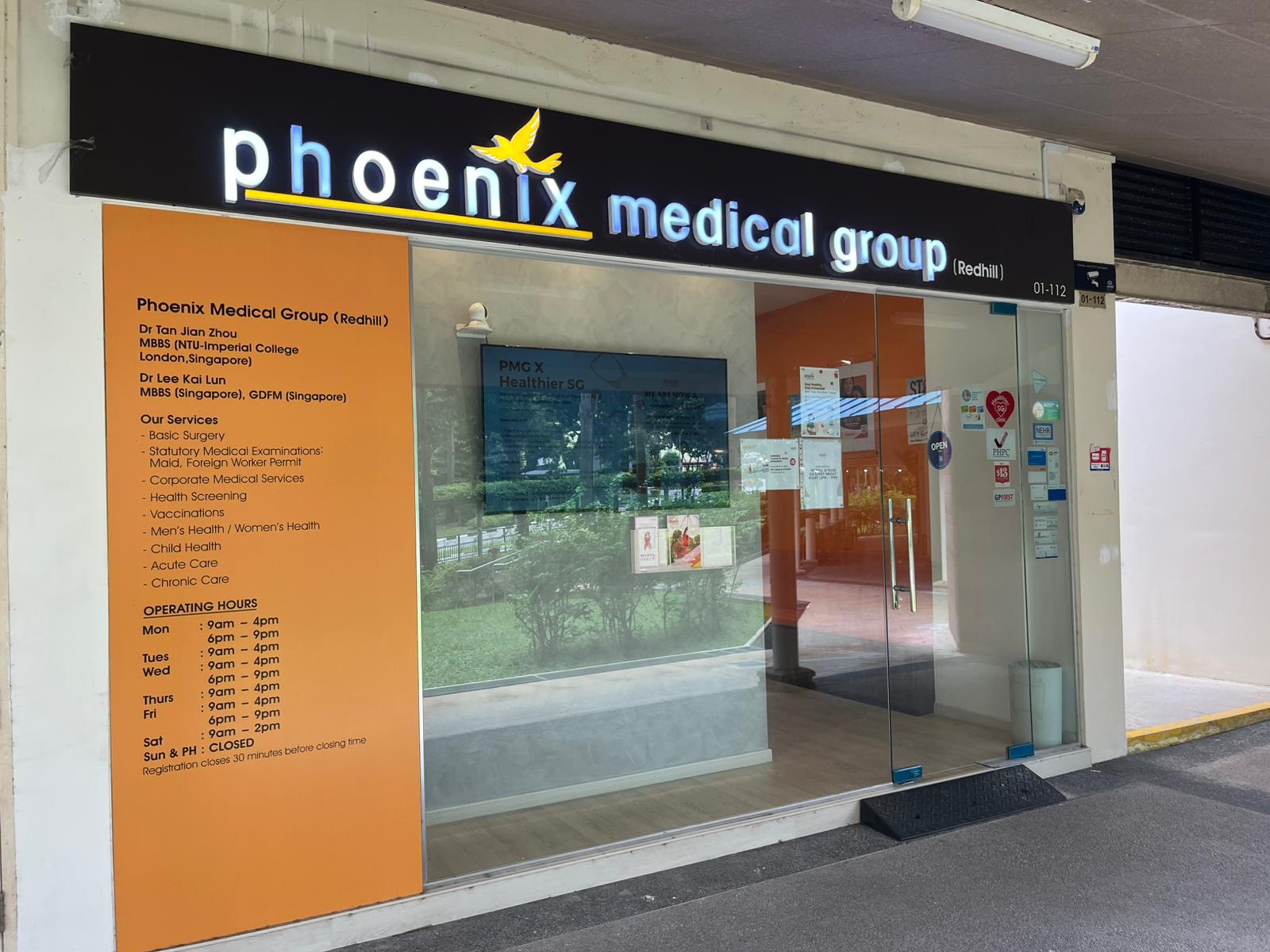
9:00 am - 4:00 pm
6:00 pm - 9:00 pm
9:00 am - 2:00 pm
Closed